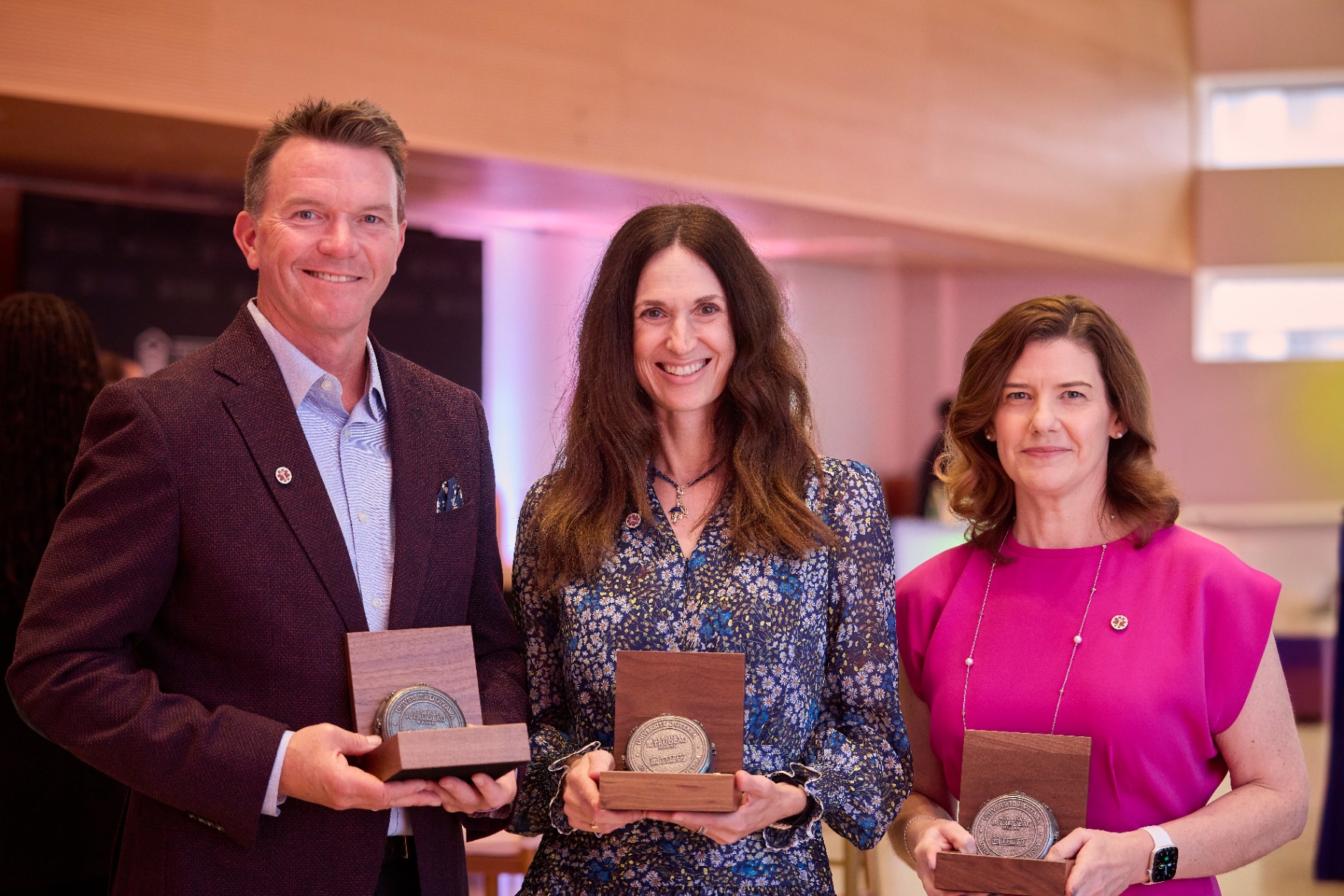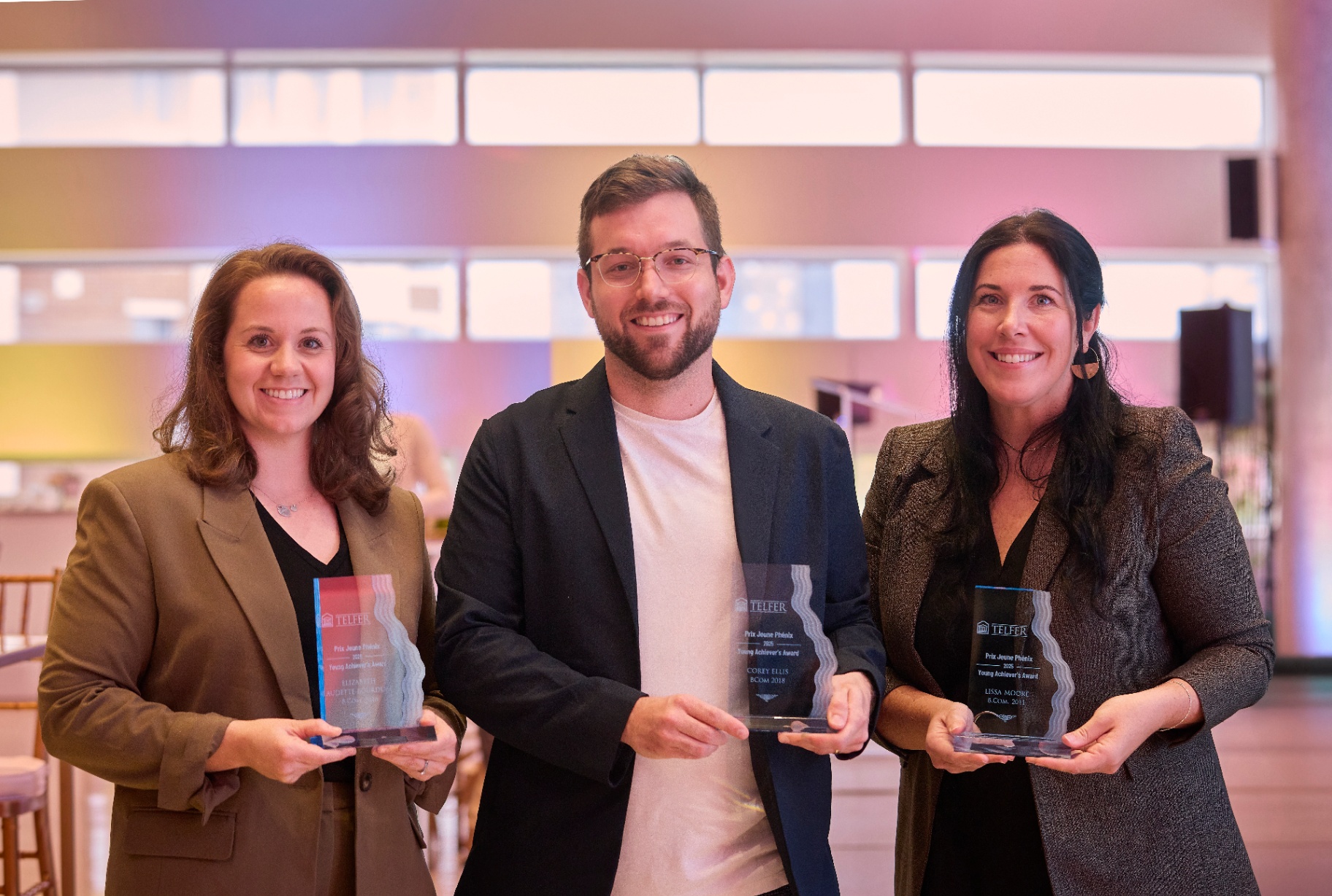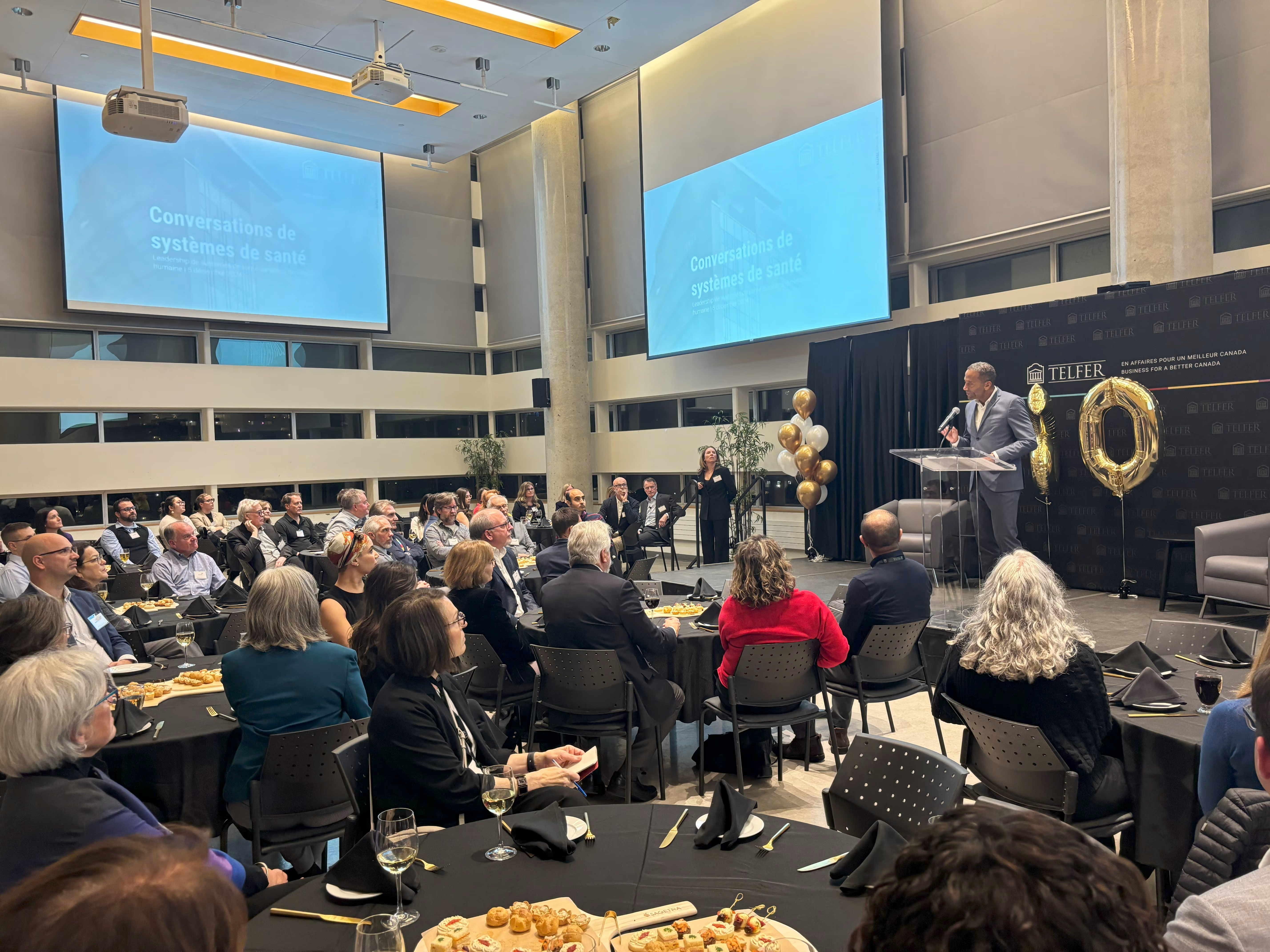The Learning Health Systems Modeling Lab at Telfer School of Management is set up to model different health care approaches, using real and simulated data before they’re applied in real life.
Telfer is the presenting sponsor of a Globe and Mail series of events called Ideas for a Better Canada. This feature was produced by Globe Content Studio in collaboration with the Telfer School of Management and was published in The Globe and Mail on November 7, 2022, ahead of the third event in the series — Future Health Care: How might the system be better for all Canadians? — which took place on November 15, 2022. Read the original article.
When it comes to knowledge in medicine and health care, the sooner it can be applied, the better.
Historically, that’s been a problem.
“It takes about 15 years between the time new knowledge, like scientific evidence, is created and changes in practice are made,” says Dr. Lysanne Lessard, associate professor at the University of Ottawa’s Telfer School of Management. “We need to shorten that to months or weeks.”
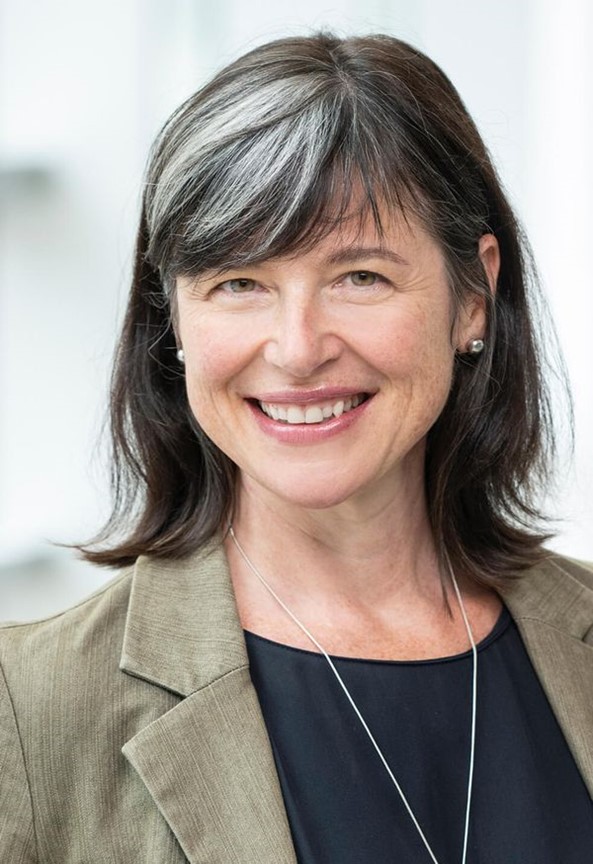
In the past decade, health care providers have begun to adopt a “learning health system” approach aimed to close that gap. A learning health system integrates scientific, clinical and administrative data to generate new insights, allowing knowledge to be shared swiftly to provide better care to patients while improving efficiency.
Digital platforms for patient records, such as Epic, introduced by The Ottawa Hospital and its regional partners in 2019, are among the initiatives that have laid the groundwork for that knowledge-sharing.
However, that’s only one component in the learning health system vision. “If we want to change what both patients and health care providers experience, we need to change how the whole system is organized,” Dr. Lessard says.
That’s where Telfer’s expertise in management intends to play a vital role. The School is launching a new Learning Health Systems Modeling Lab to test more efficient and effective means of organizing health care that can be applied to Canada’s health systems. The Lab is one of the research and training initiatives of a dynamic group of health system management researchers, trainees and collaborators at Telfer.
The Lab’s co-leads are Dr. Lessard, who specializes in information systems analysis and design, and fellow Telfer professors Dr. Antoine Sauré, an expert in advanced analytics techniques, and Dr. Wojtek Michalowski, whose research focuses on developing clinical decision support systems.
The interdisciplinary lab already has a pool of collaborators, from academics and students to clinicians, with areas of expertise ranging from medicine to software engineering and artificial intelligence.
Increase in virtual consultations
There is no question that systems need to transform in Canada’s health sector. With the demands of an aging population, limited capacity and ongoing financial constraints, they are often pushed to the limit. That has become starkly evident in the last two years, as health care has struggled with the COVID-19 crisis and stories about packed intensive care units, surgery backlogs and burnt-out workers have made daily headlines.
“The pandemic has really just heightened the problems that were already there,” Dr. Lessard says.
It has also shown, however, that health systems can process and act on a rapid influx of new knowledge.
“Although it’s been a dark period of time in history, it’s also produced a number of silver linings,” says Cameron Love, president and CEO of The Ottawa Hospital. “It’s shown us how, coming out of this pandemic, we can put health care in a better place than where we were going into it.”
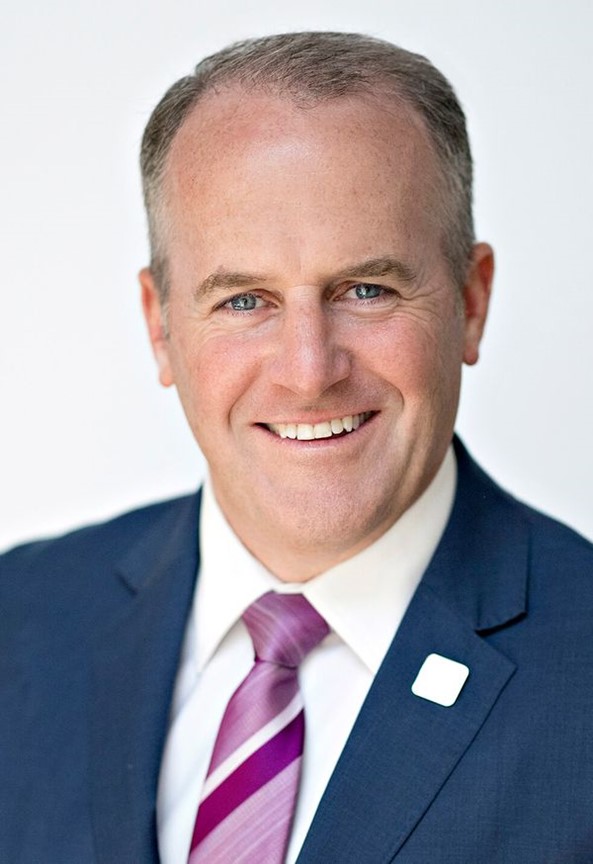
Love says the pandemic changed the way his hospital used digital technology and data to improve care. As one example, he points to the increased use of virtual consultations. Pre-pandemic, about 10 per cent of the hospital’s 800,000 ambulatory care visits were done virtually. During the pandemic, that shot up to 80 per cent.
“If we didn’t have that virtual platform that allowed for a new innovative care model, where patients didn’t have to come to the hospital, we would have really struggled,” he says.
Dr. Lessard says it’s the perfect time to leverage that kind of momentum. “It’s in everybody’s mind right now that we need to be better at what we do in terms of constraining costs, increasing access to care and ensuring equitable delivery of care for all Canadians,” she says. “That’s a desire we can use right now to really redefine our health systems.”
Knowledge management vital to seamless systems
The Learning Health Systems Modeling Lab at Telfer is set up to model different health care approaches, using real and simulated data, to assess their impact – and minimize risk – before they’re applied in real life.
“We could create, say, a mathematical model to make sure that we schedule the maximum number of surgeries in a regional health care centre, along with systems models to understand how this new scheduling would impact the resources and performance of the centre,” Dr. Lessard says.
The long-term goal is to develop a “sandbox” – an IT environment in which health organizations have access to reference models and guidance on how to set up, monitor or evolve new care initiatives. “We really want to have that space that allows them to quickly launch a learning health system,” she says.
If we want to change what both patients and health care providers experience, we need to change how the whole system is organized.
— Dr. Lysanne Lessard, associate professor at Telfer School of Management
The Lab will do an official public launch in early 2023, but it’s already engaged in projects. They include helping the Champlain Regional Cancer Program redesign itself as a learning health system. Other lab partners include the Ottawa Hospital Research Institute, the University of Ottawa Heart Institute and the Children’s Hospital of Eastern Ontario. Dr. Lessard says the lab’s vision is to expand those partnerships throughout Canada.
The Lab reflects Telfer’s deep focus on health systems management. It’s one of the few business schools in Canada to offer a Master of Health Administration program – Love earned his MHA at Telfer in the late 1990s – and it has over 15 professors whose expertise is dedicated almost entirely to the health sector. Dr. Lessard herself now does 95 per cent of her research in that field.
“It’s such an important area with real-life impact that is very close to each of us,” she says. “And working with our clinical partners is very motivating. These are passionate people that really want to provide better care to patients.”


